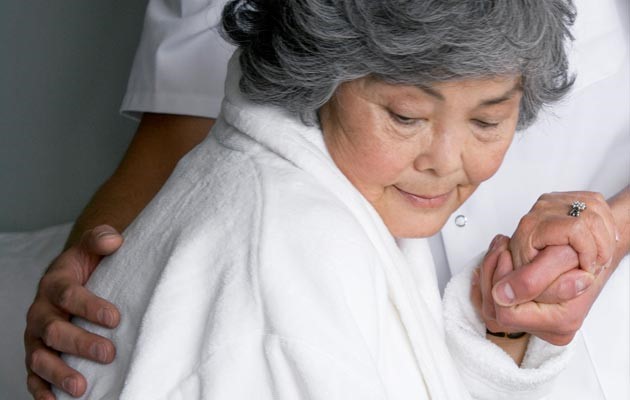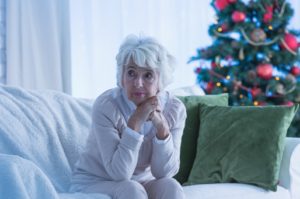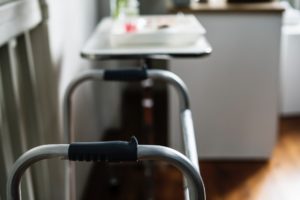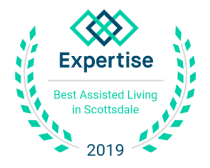The holiday season is a wonderful opportunity to spend quality time with friends and family while creating lasting memories, for children and aging parents alike. There are always the usual stresses that arise this time of year, like making sure gifts are bought, meals are sorted, and activities are planned to keep everyone happy. However, […]
According to The Internet Stroke Center, stroke is the third leading cause of death in the United States, with approximately 795,000 people suffering a stroke each year. The effects of a stroke vary depending on the type of stroke and the location and severity of brain injury. Depending on the stroke, recovery can take up to two years. Strokes often happen with little to no warning so it can be shocking when a loved one experiences a stroke and you are thrown into the role of caregiver. The subsequent tips offer advice to help you manage your loved one’s return home following a stroke:
- Educate yourself. The best way to make sure you are offering your loved one the best care possible is to learn about their condition and prognosis. Spend time with their physician before you leave the hospital to resolve any unanswered questions or concerns. Ask what medications your loved one has been prescribed and make sure you understand the side effects.
- Modify your home. It might be necessary to make modifications around your home to ensure your loved one’s safety. Minimizing clutter around the house, removing area rugs and positioning furniture against walls or in corners are all ways to minimize your loved one’s risk of falling. Adding grab bars or seats to showers and bathtubs, or moving a bedroom to a different floor in order to avoid stairs are additional ways to facilitate safety in your home.
- Monitor your loved one’s behavior. Thirty to 50 percent of stroke survivors suffer from depression, says Web MD, and this can impede recovery. Your loved one may be struggling with the various losses brought on by stroke, but it is important to make sure that they are staying positive and not getting bogged down by focusing on the negative.
- Understand the risk factors for a second stroke: The National Stroke Association states that 1 in 4 stroke survivors will experience a second stroke within their lifetime, but that 80 percent of these secondary strokes can be prevented by lifestyle changes. Aid your loved one in lowering their risk by encouraging exercise and a healthy diet. Managing conditions like high blood pressure and high cholesterol can also significantly lower their risk of a second stroke.
After your loved one has experienced a stroke, you may be left feeling overwhelmed and unsure of how to jump into your role as caregiver. To give your loved one the best care possible, utilize available resources and consult with their physician so that you feel knowledgeable and comfortable about the recovery process. Don’t forget to take care of yourself along the way, and remember that your loved one will appreciate everything that you are doing to assist them.




